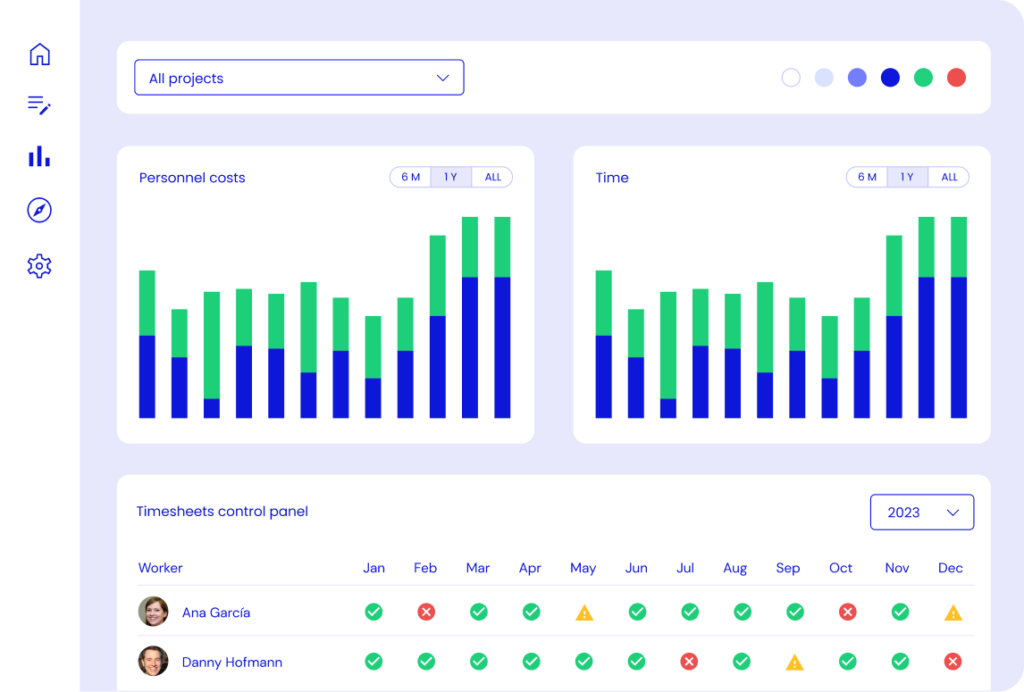Effective management of European Union grants involves a thorough understanding and compliance with detailed regulations designed to ensure that funds are used appropriately. The EU’s eligibility rules and cost categories are crucial to avoid administrative errors that could lead to sanctions or the necessity of returning funds. This article breaks down the key regulations that organizations must follow to remain compliant.
1. General Eligibility Conditions
According to the EU’s Annotated Grant Agreement, for costs to be eligible, they must meet several eligibility conditions. These conditions include:
- Actually Incurred: Costs must have been actually incurred by the beneficiary and during the duration of the action. This excludes any costs that are estimated or budgeted in advance.
- Verifiable and Identifiable: All costs must be verifiable and identifiable, directly reconcilable with the beneficiary’s accounts, and supported by adequate documentation.
- Necessary for Implementation: Costs must be directly connected to the action and necessary for its implementation, as described in the project documents.
- Compliance with Applicable Laws: They must comply with relevant national laws, including those related to taxes, labor, and social security.
2. Direct and Indirect Cost Categories
Direct Costs
Direct costs are those that can be directly attributed to the project’s action, such as salaries of staff directly involved, travel, and subcontracting. These costs must be clearly linked to the project activities.
Indirect Costs
Indirect costs are those that cannot be assigned to a specific project activity but are necessary for the general operation. The EU allows these costs to be covered by a flat rate applied to eligible direct costs, simplifying the necessary documentation and calculation.
3. Grants Based on Unit Costs and Lump Sums
EU grants may also employ costing methods based on units, where costs are calculated by multiplying the actual units used (such as hours worked or the number of tests performed) by a predefined unit rate. This methodology helps to simplify accounting and cost justification.
4. Specific Considerations
- In-kind Contributions: Goods or services provided free of charge by third parties can be accounted as direct costs if they meet eligibility conditions.
- Ineligible Costs: Certain costs, such as entertainment, gifts, or costs related to the preparation of proposals, are generally not eligible under EU rules.
Understanding and adhering to the EU’s eligibility rules and cost categorization is crucial for efficient grant management. Ensuring that all costs are eligible and properly justified can prevent significant financial and legal issues.

